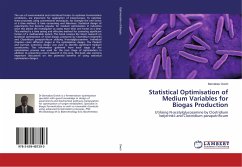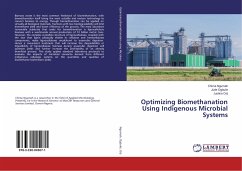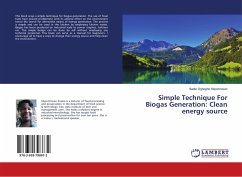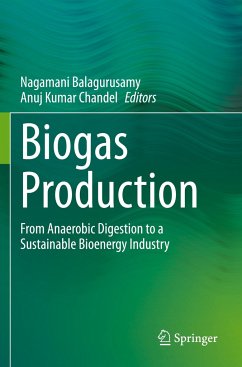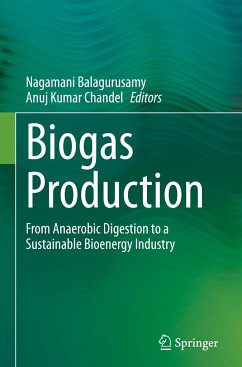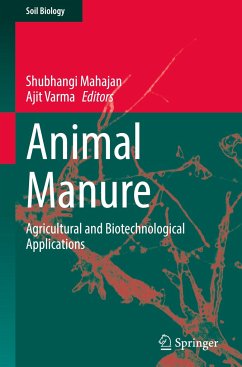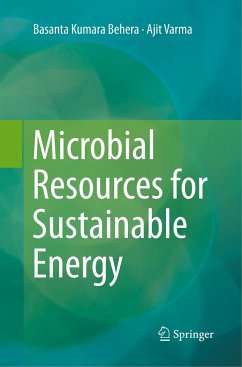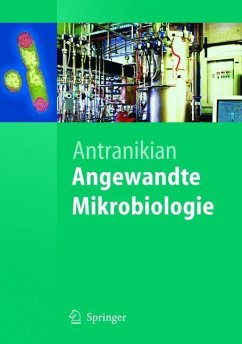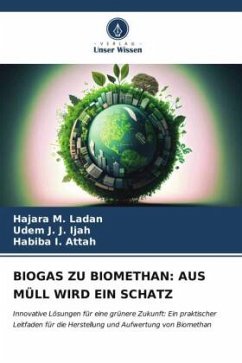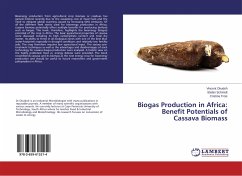
Biogas Production in Africa: Benefit Potentials of Cassava Biomass
Versandkostenfrei!
Versandfertig in 6-10 Tagen
27,99 €
inkl. MwSt.

PAYBACK Punkte
14 °P sammeln!
Bioenergy production from agricultural crop biomass or residues has gained interest recently due to the escalating cost of fossil fuels and the need to mitigate global warming caused by increasing GHG emissions. Of all the different feed stocks used for bioenergy production in Africa, cassava biomass potentially offers multiple benefits for producing biofuels such as biogas. This book, therefore, highlights the bioenergy (biogas) potential of the crop in Africa. The basic agricultural properties of cassava were discussed including its high carbohydrate content and total dry matter. Its ability...
Bioenergy production from agricultural crop biomass or residues has gained interest recently due to the escalating cost of fossil fuels and the need to mitigate global warming caused by increasing GHG emissions. Of all the different feed stocks used for bioenergy production in Africa, cassava biomass potentially offers multiple benefits for producing biofuels such as biogas. This book, therefore, highlights the bioenergy (biogas) potential of the crop in Africa. The basic agricultural properties of cassava were discussed including its high carbohydrate content and total dry matter. Its ability to thrive in all ecological zones with one of the best blue water-footprints especially in drought conditions and relatively low fertility soils. The crop therefore requires low agricultural input. The various pre-treatment techniques as well as the advantages and disadvantages of each technology for cassava biogas production were analysed. A holistic view on the highly publicised food vs. energy debate were provided. The book recommends cassava and its biomass as the next energy crop for bioenergy production and should be useful to future researchers and government policymakers in Africa.





